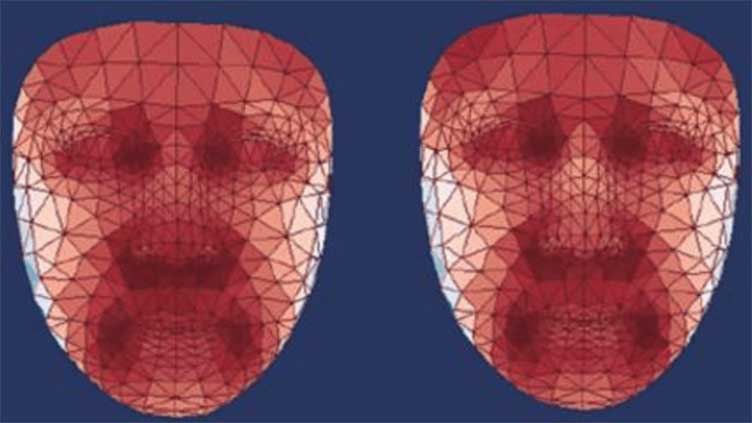Facial temperature-based AI tech could aid in early disease diagnosis

Technology
This tech could lead to early detection and diagnosis of various diseases and medical issues
(Web Desk) - A new AI-powered method combined with thermal imaging could predict the health status of a person and the rate at which they age by analyzing facial temperature patterns.
This tech could lead to early detection and diagnosis of various diseases and medical issues. The individual will be able to promptly seek and receive treatment.
The research was conducted at Peking University in Beijing, China by a team of scientists led by Jing-Dong Jackie Han.
In a statement, scientists expressed that “a colder nose and warmer cheeks may be a telltale sign of rising blood pressure.”
SPOTTING FACIAL TEMPERATURE CHANGES
They employed artificial intelligence (AI) to study the relationship between facial temperature patterns and chronic illnesses such as diabetes and high blood pressure to identify particular temperature changes in different parts of the face.
According to the researchers, AI-derived spatial temperature patterns involve using artificial intelligence to analyze temperature variations across different regions of the face.
This analysis requires a thermal camera to capture the temperature data and a model trained with data to interpret the patterns accurately.
The aim is to help doctors use the AI-backed simple and non-invasive method to detect diseases early.
“Aging is a natural process,” stated Han, the study’s corresponding author at Peking University. “But our tool has the potential to promote healthy aging and help people live disease-free.”
Aging rate is another feature scientists aimed to identify, as it can indicate a person’s health status based on their biological age, which is associated with certain health risks.
TRAINING AI MODEL TO PREDICT THERMAL AGE
To undertake the study, the facial temperatures of over 2,800 Chinese participants between the ages of 21 and 88 were examined.
As per the statement, the team used the information gathered to train the AI model that could predict a person’s thermal age. They identified several key facial regions where the temperatures were significantly related to age and health, including the nose, eyes and cheeks.
The study found that people with higher blood pressure tend to have warmer cheeks, while those with warmer noses have a younger thermal age.
Furthermore, people with metabolic disorders exhibited faster thermal aging, with higher eye area temperatures.
When blood samples were analyzed, it was observed that elevation in temperatures around the eyes and cheeks was mostly due to an increase in cellular activities linked to inflammation. This includes repairing damaged DNAs and fighting infections.


